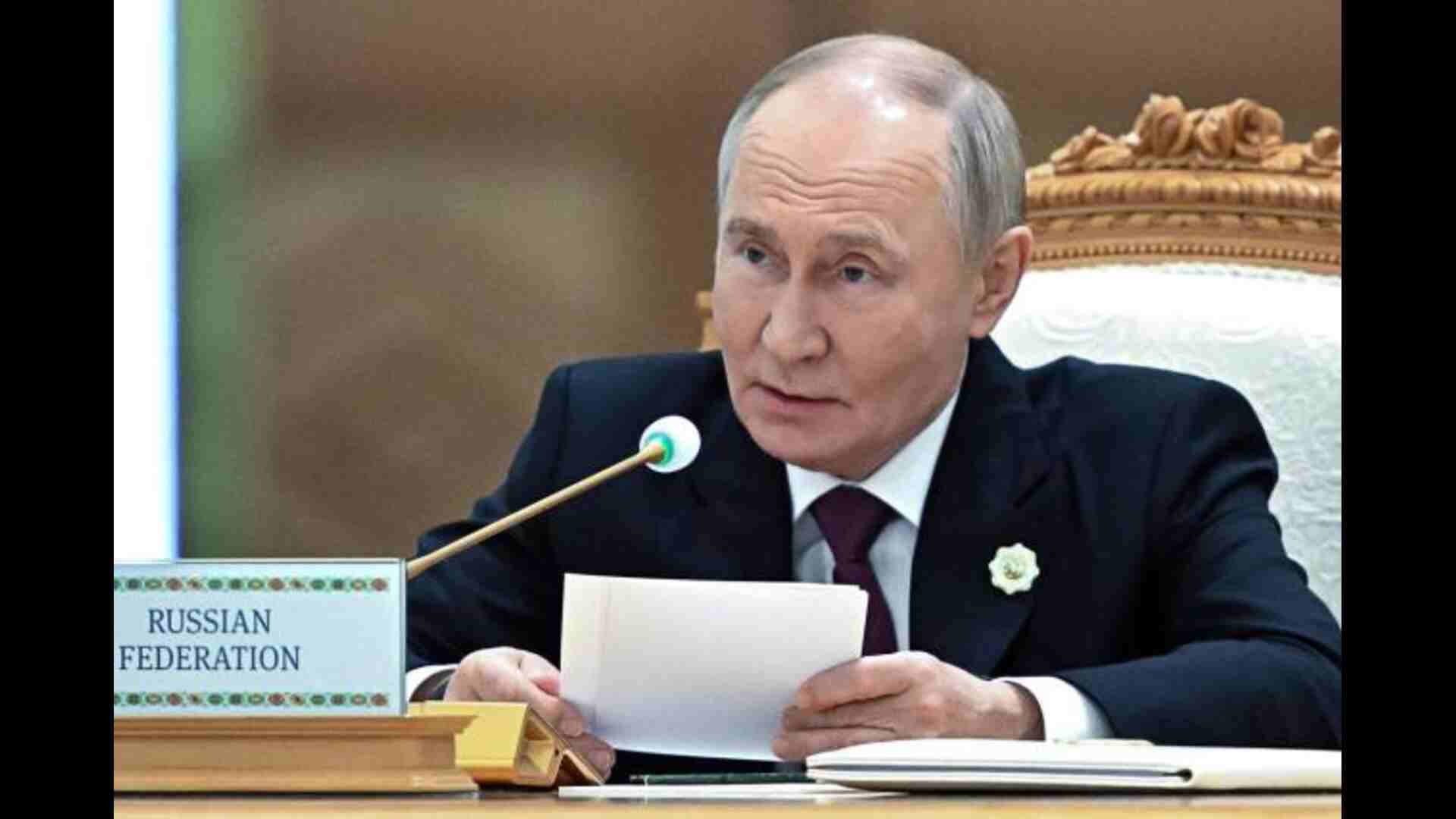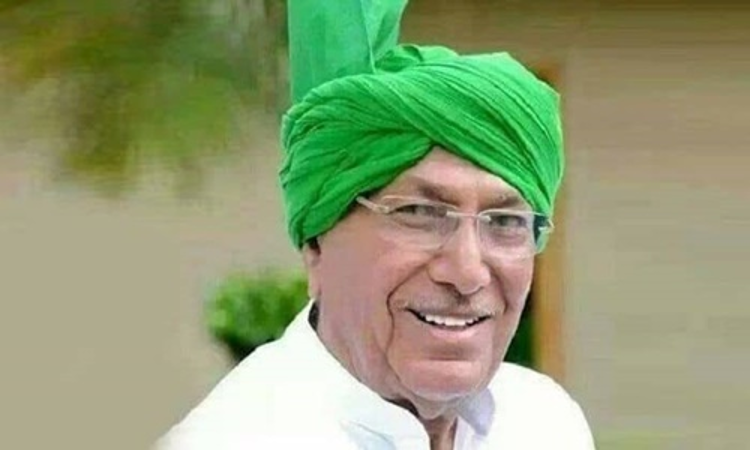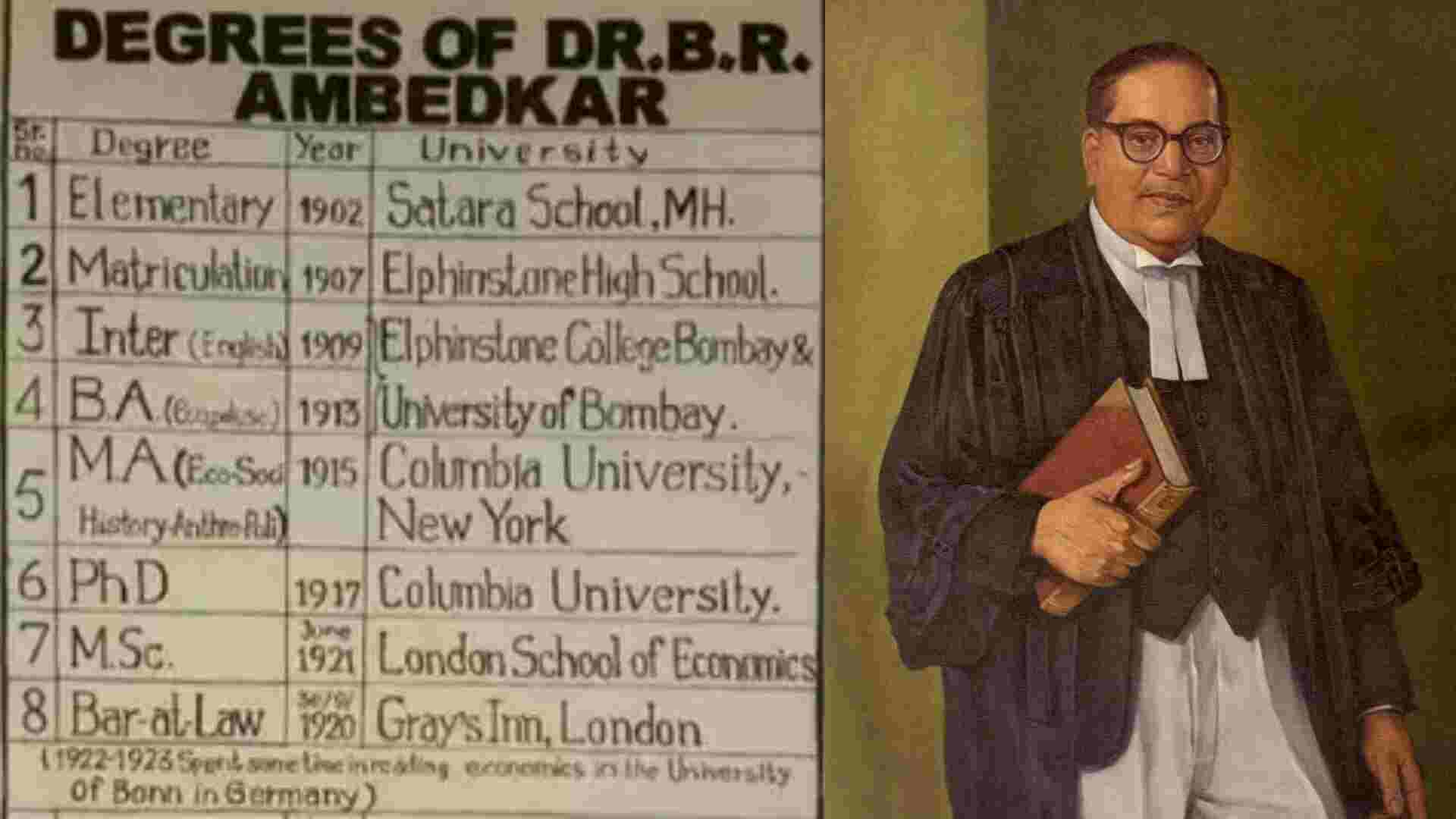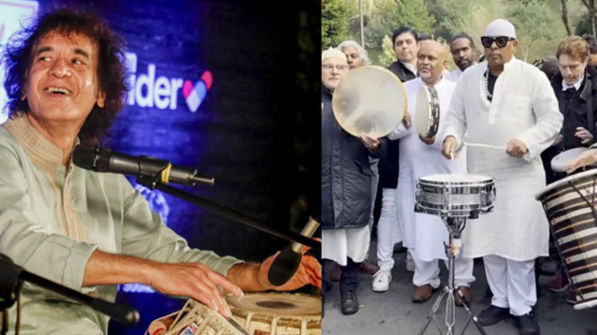
On Thursday, a historic demonstration took place in Damascus’s Ummayad Square, with hundreds of Syrians gathered to demand a secular, democratic state that includes women in public life. The protest, the first of its kind since Islamist-led rebels ousted President Bashar al-Assad, marked a significant call for freedom, equality, and a rejection of religious rule in Syria’s future.
Chanting slogans such as “No to religious rule,” “God is for religion and the homeland is for all,” and “We want democracy, not a religious state,” demonstrators expressed their frustration with decades of tyranny and their hopes for a political transformation. Ayham Hamsho, a 48-year-old prosthetic limb maker, explained that Syrians had been under tyrannical rule for more than five decades, which stifled political activity. The protest was seen as an effort to chart a new path toward a secular, democratic future decided at the ballot box.
A strong theme of the protest was the role of women in shaping Syria’s future. Placards reading “No free nation without free women” and “Equality between women and men is a legitimate Islamic and international right” were raised. Activist Raghda Khateb, who stood with the crowd, emphasised the vital contributions of women during the Syrian revolution, noting their role in protests, caring for the wounded, and enduring imprisonment. “Syrian women must not be just partners but must lead the work of building a new Syria,” said Fatima Hashem, 29, a writer and protester at the demonstration.
The protest was sparked by concerns over the potential rise of religious rule under Hayat Tahrir al-Sham (HTS) and for Women’s Rights, the Islamist group that led the takeover of Damascus. Despite the group’s assurances to protect Syria’s religious and ethnic minorities, many fear that their policies may marginalise women and impose religious restrictions. Some protestors displayed signs calling for a “secular” Syria, fearing the new administration’s tendency to favor religious governance.
The demonstration came just days after Obaida Arnaout, spokesman for the new political administration, stated that female representation in ministries or parliament was “premature” due to “biological” reasons, sparking criticism across Syria. Protesters like Majida Mudarres, 50, a retired civil servant, said they would not tolerate any stance that denied women their rightful place in politics and governance. “We will be observing any position against women and will not accept it,” Mudarres asserted.
Under Assad’s rule, women were active participants in the political, social, and economic spheres, with significant representation in both parliament and ministries. However, the rise of HTS and their conservative stance prompted a backlash from Syrian women, who have fought for their voices to be heard in the country’s new future. Researcher Widad Kreidi also expressed concerns over HTS’s stance toward women, stressing that no one has the right to attack or marginalise women in Syria’s future.
The protest highlighted the unity among Syrians, with both men and women standing together to demand a future where freedom and equality reign. The slogans of the demonstrators reflected their collective determination to safeguard the gains of the revolution and ensure that the new Syria embraces a secular, inclusive, and democratic society for all.
Despite the presence of some armed HTS fighters, the protesters maintained a peaceful stance, calling for the return of power to the people and an end to military rule.















